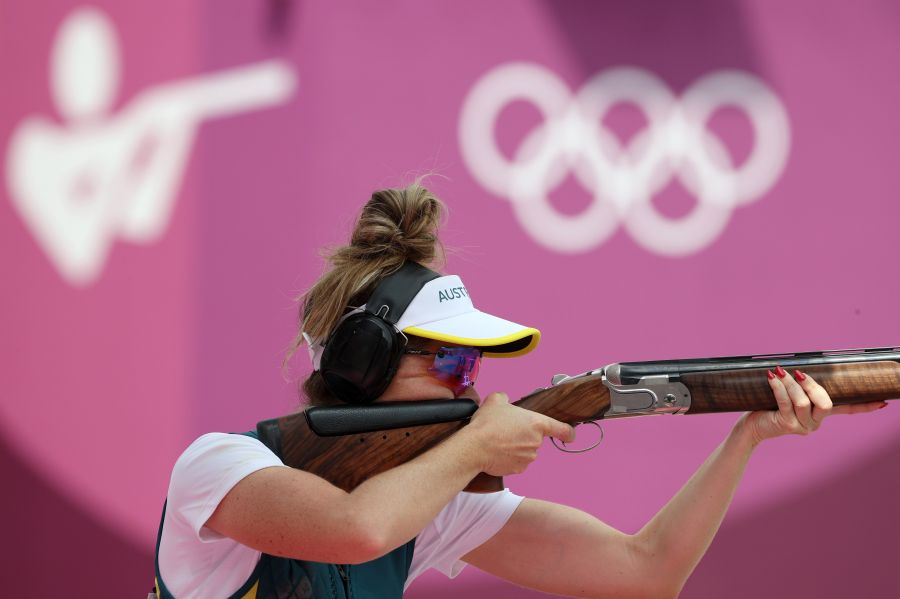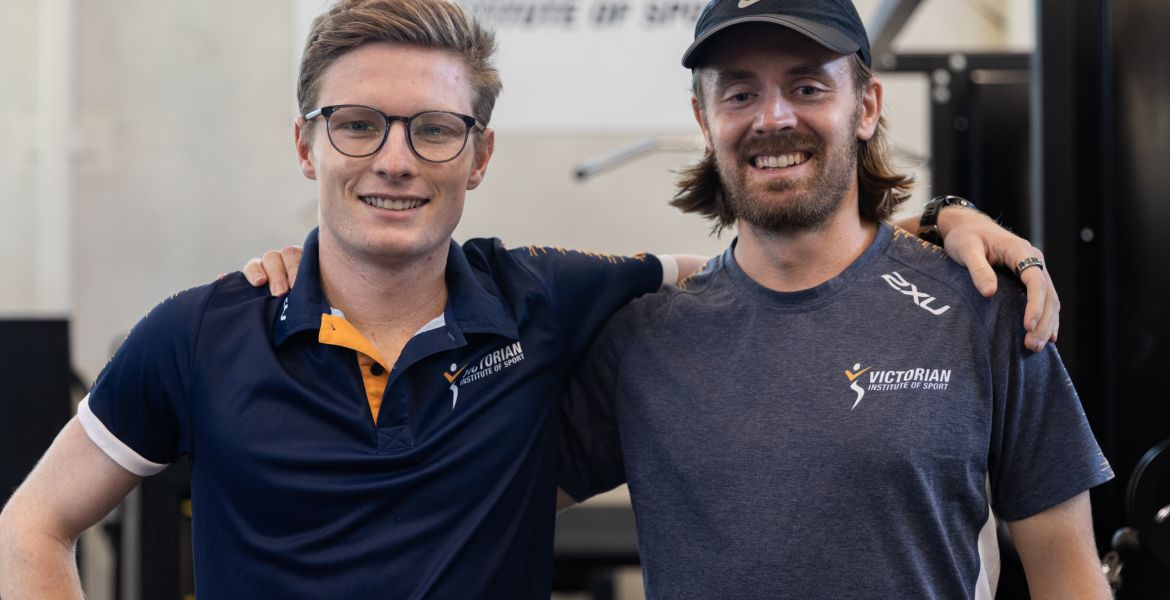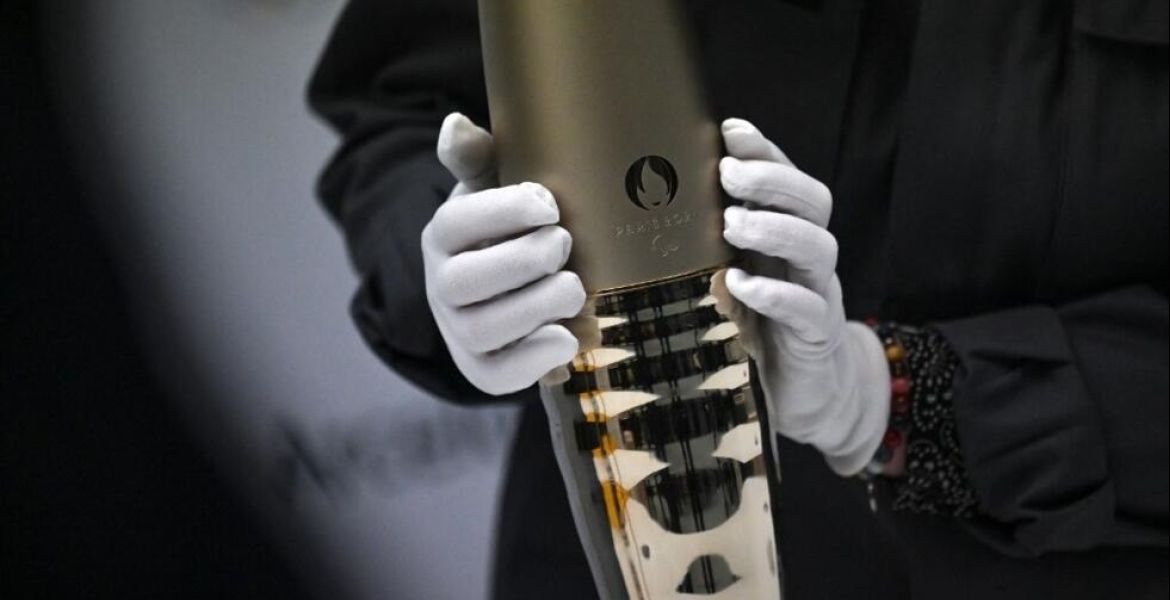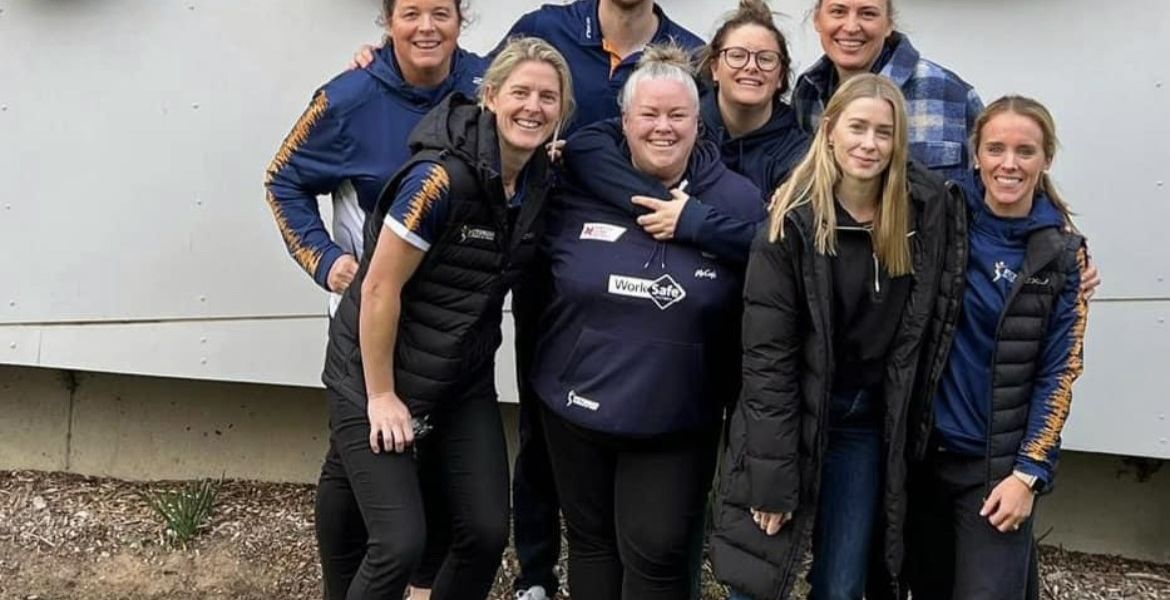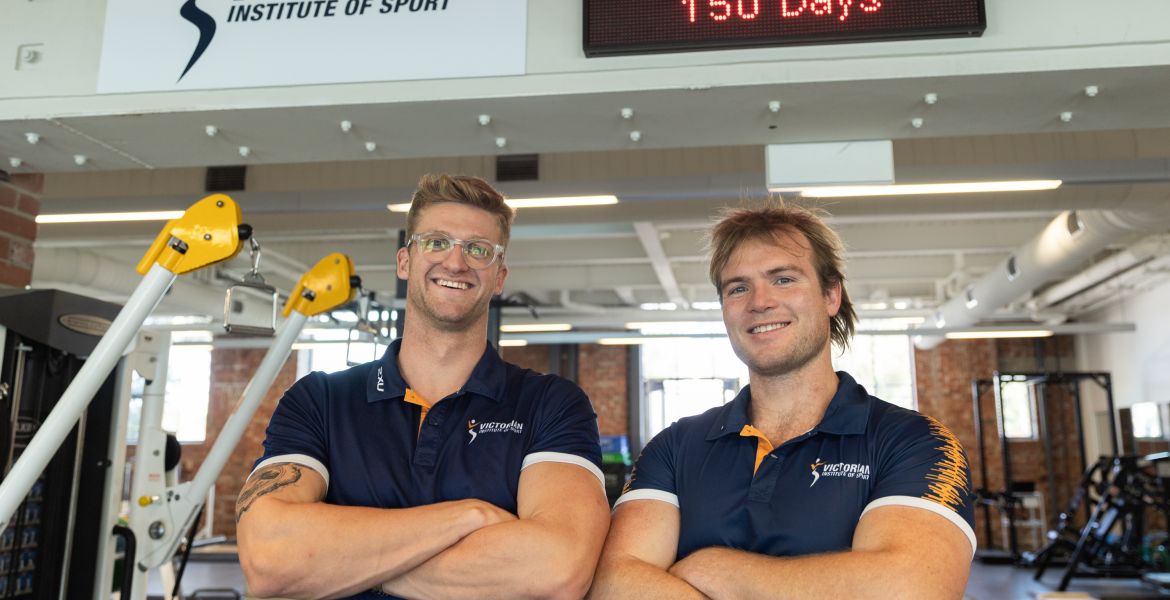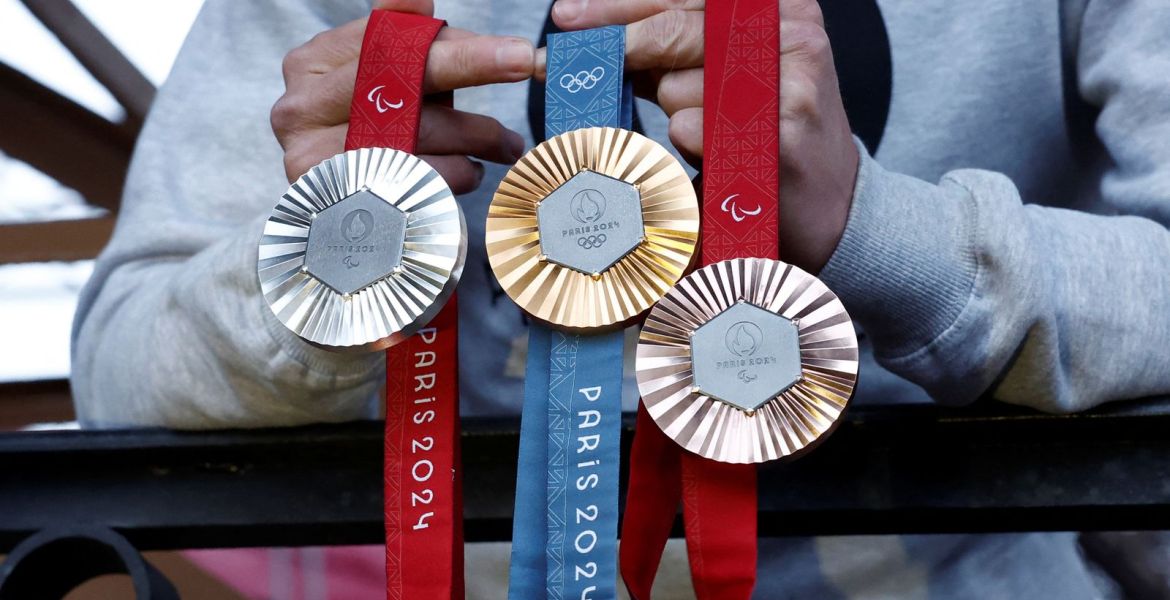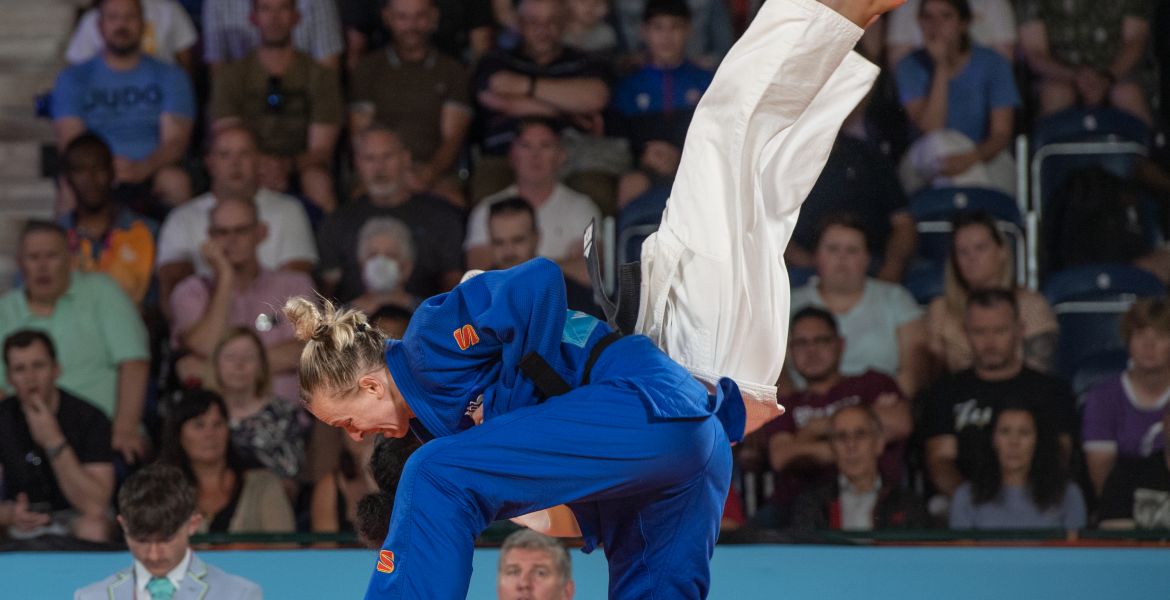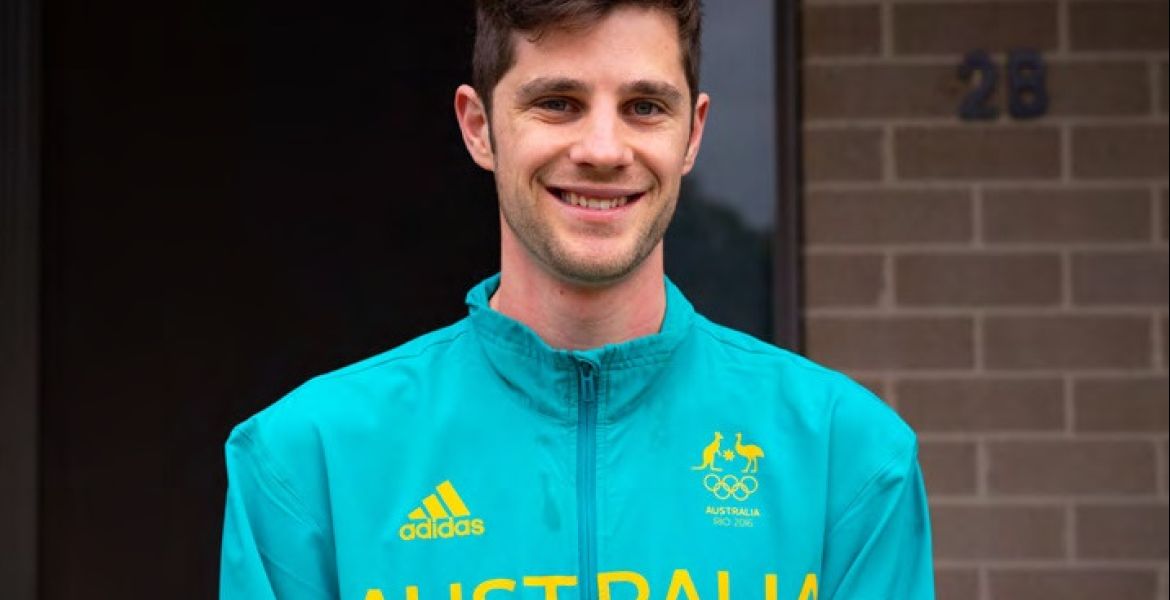It is now an accepted fact that a holistic approach to athlete development is the path to sporting success. It is for very good reasons that the Victorian Institute of Sport champions the idea of success in sport and life.
And why the VIS practices an interdisciplinary approach to the mental health and wellbeing of its athletes and staff, past and present.
“The mental health and wellbeing of VIS athletes, coaches and staff is the responsibility of our whole VIS community and for that reason the VIS has developed a strategy that considers these aspects, with a focus on providing proactive wellbeing strategies as well as supporting people when they experience mental ill-health,” Performance Lifestyle Manager, Leesa Gallard says.
“As part of integrated performance teams, performance lifestyle advisers work closely with other members of an interdisciplinary team to advocate for and advise on wellbeing considerations at all levels of the sport programs - strategy, program delivery and for individual athletes and staff.”
In practice, this means striving to support the performer as well as the person, so they can achieve in high performance environments.
Performance Psychology Manager, Daniel Dymond, heads a team of eight psychologists at the VIS. Dymond works closely, for example, with VIS shooting athlete and dual Olympian, Laetisha Scanlan.
At the 2020 Tokyo Games, some 16 years of shooting culminated in split-second heartbreak for Scanlan, who fell one target short of a medal in her quest to make it consecutive Olympic trap titles for Australia.
Scanlan started the medal deciding contest in Tokyo with a score of 24/30, putting her just one target behind eventual gold medallist Zuzana Rehak-Stefecekova.
Five shots later, the 31-year-old was ousted from the final, finishing fourth overall.
“We work as part of an exceptional interdisciplinary team, providing professional psychological advice and service to our high performing individuals, enabling them to thrive in high stakes environments,” Dymond says.
Scanlan recently shared some of her mental health insights, including how with help from the VIS interdisciplinary team she bounced back mentally from Tokyo 2020.
How has your mental preparation for major competitions changed over the course of your shooting career?
I think as I’ve developed as an athlete so has my mental approach, I was a teenager when I first started in the sport and I think it’s very easy to get caught up in comparing your self-worth to your performances, I’ve realised this isn’t a healthy approach. As I’ve got older, I’ve appreciated how important life balance is and looking at sport through a different lens, the VIS are fantastic at advocating this approach- success in sport and life. Now when I compete at a major competition, I like to look at the bigger picture, the reasons as to why I compete, the opportunities I get and the overall enjoyment, by doing this I feel extreme gratitude. Meditation has also been a key ingredient to assist me positively during big competitions.
You came agonisingly close to a medal at Tokyo 2020, how did you process the result and mentally bounce back?
Tokyo was such a unique Olympics, extreme covid protocols, no crowds and limited travel. Unfortunately, I missed my last target of the final to miss out on the bronze medal, and although I was extremely disappointed in that moment, on reflection I was so proud that I got myself the opportunity to be in that position and compete at my second Olympics. With the postponement/uncertainties of 2020 and the constant lockdowns and interruptions I was pleased to have made the Olympic final especially after 18 months of no international competition. After my event had finished, I knew instantly that I had the drive and determination to compete for another Olympic Cycle.
Why do you believe mental health is so important? And how do you prioritise it?
Don't be afraid to ask for help! Mental health can make or break an athlete. It’s so important to seek help when you think you may not be coping. I find by having a strong support network around me and learning the right tools to identify and cope during difficult times is key to management and self-preservation.
You recently became an AIS Mental Fitness Ambassador, what does this new role involve?
This role has given me the opportunity to talk to high school age students about the importance of mental health. I get to speak about my experiences and journey as an elite athlete whilst teaching mental fitness techniques like mindfulness, gratitude and resilience, which I believe are so relevant to everyone, not just athletes.
How do you currently utilise the VIS Sport Psychology service, and how has it benefitted you in sport and life?
I have always worked with Sports Psychologists at the VIS, they can be so important in helping explain, why it is you feel and think the way that you do, as well as having the knowledge and understanding to help you think or deal with these feelings and emotions in a healthy way. Having someone to confide in from a professional perspective, with no bias, has always assisted me in a positive way, it’s made me realise that accepting help when you need it is by no means a form of weakness. I am so grateful for the VIS services that assist me in being the best that I can be.

